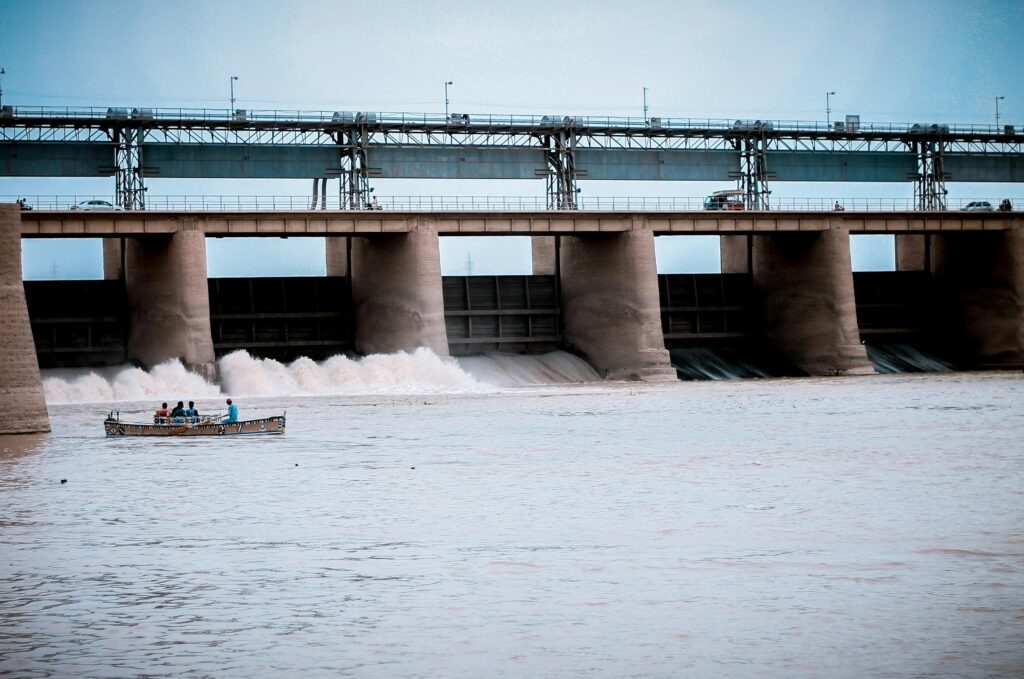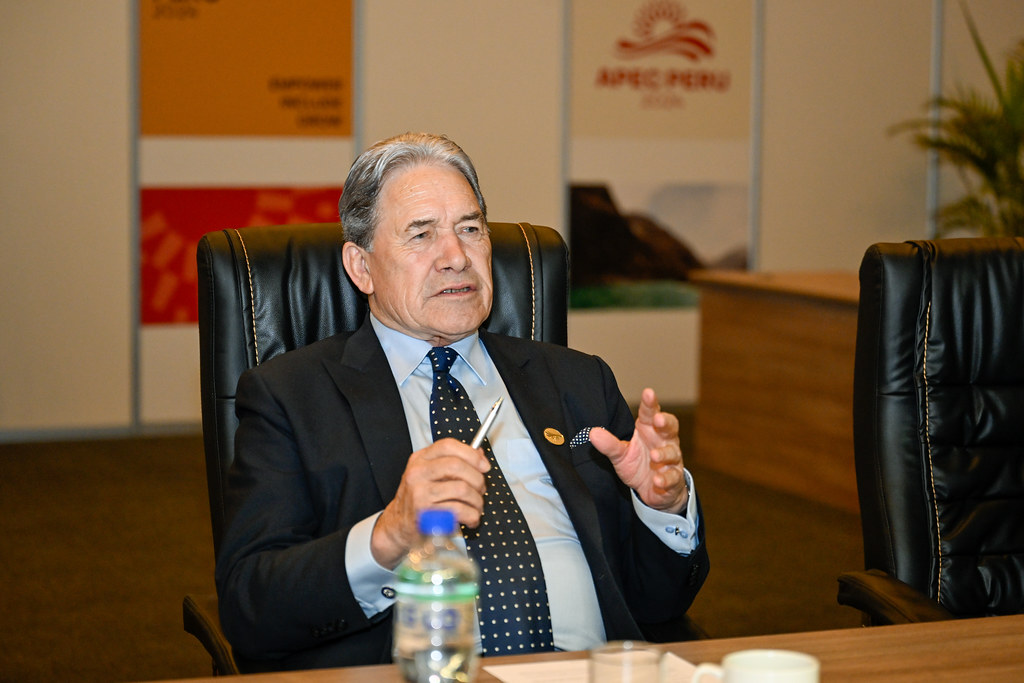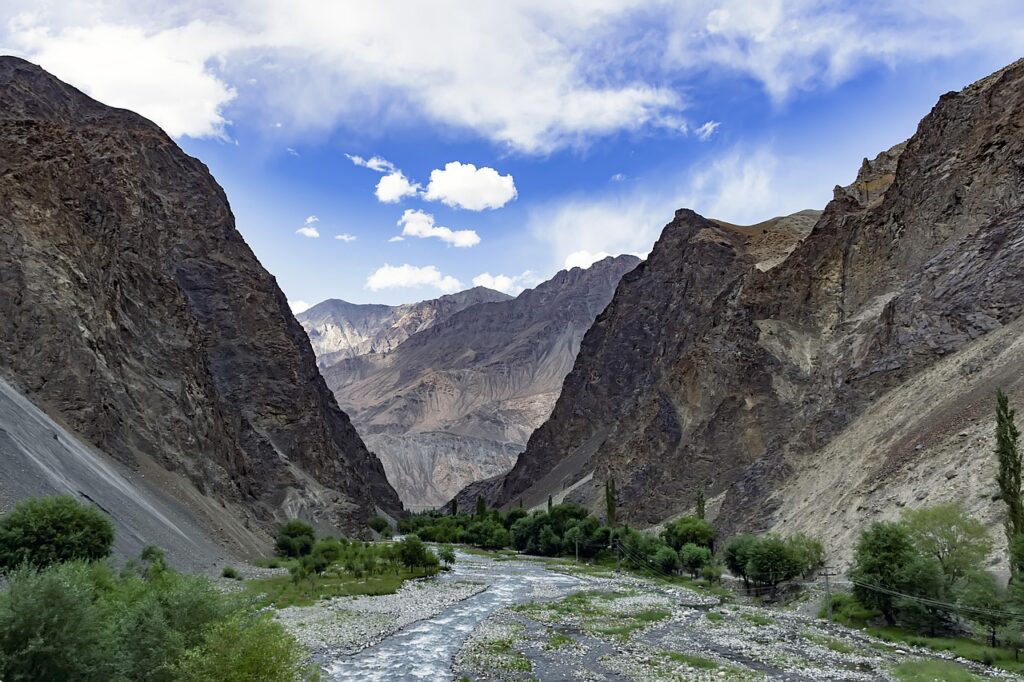In a recent seminar, Pakistan’s Federal Minister for Water Resources, Muhammad Moeen Wattoo, has declared that India’s unilateral decision to suspend the Indus Water Treaty (IWT) lacks legal justification and constitutes an aggressive act. He emphasized that the treaty remains valid despite India’s actions, which he characterized as both unlawful and a violation of international agreements.
Minister Wattoo pointed out that the term “holding in abeyance” does not appear in any legal framework, thereby asserting that the treaty continues to be in effect. He stated, “The Indus Water Treaty cannot be unilaterally suspended, modified, or cancelled by any party. It remains intact.”
The minister’s remarks came in the context of ongoing correspondence between India and Pakistan regarding potential modifications to the treaty, which have been under discussion since 2024. Wattoo revealed that India had previously requested a meeting to discuss these modifications but subsequently halted negotiations without notice, raising concerns about the implications of such actions.
In response to India’s request, Pakistan affirmed its willingness to engage in discussions, aiming for mutual understanding. However, Wattoo condemned India’s unilateral suspension of the treaty as an act of aggression, asserting that water resources are critical to Pakistan’s survival and that the nation will not compromise on this issue.
Currently, Pakistan reportedly continues to receive a normal flow of water from India. In addressing domestic concerns, Wattoo noted that he has urged provincial governments to collaborate and develop a comprehensive action plan regarding water management.
Former Indus Water Commissioner Asif Baig highlighted the potential dangers posed by India’s upstream position, suggesting that if India exploits its control over water flow, it could provoke similar responses from upstream countries like China. He noted that India has transboundary water agreements with several neighboring countries, emphasizing the need for careful diplomacy.
Another former commissioner, Sheraz Memon, stressed that attempts by India to block water flow would be ineffective given the existing limitations in infrastructure. He remarked that the IWT has withstood significant challenges, including military conflicts, thus underscoring its resilience.
Mohsin Laghari, a former irrigation minister, firmly rejected any notion of a one-sided suspension of the treaty, warning that such actions would undermine international law and treaties globally. He cautioned that if India were to persist in its current stance, it could incur extensive costs to establish alternative water infrastructure.
As tensions surrounding the IWT continue, Pakistan remains steadfast in its commitment to uphold the treaty, emphasizing the importance of dialogue and international cooperation in addressing water resource management.



